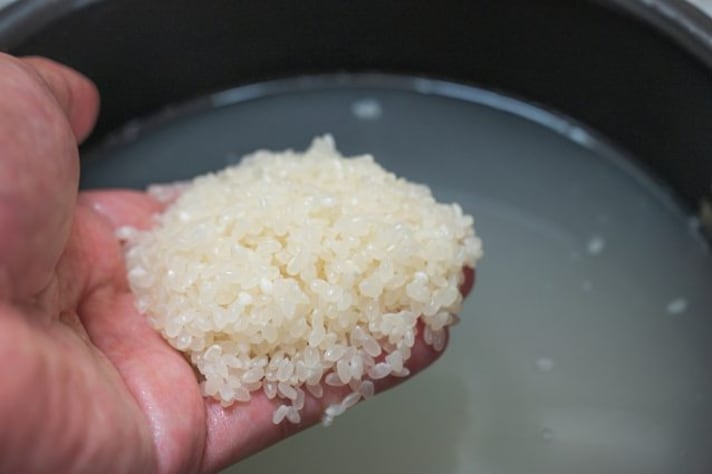The Reason Why You Should Never Throw Rice Down The Kitchen Sink
Never dispose of rice in the kitchen drain as it expands, sticks, and clogs pipes due to its slow degradation. Instead, throw it in the trash or compost it. If rice ends up in the drain, avoid using more water, flush it with a lot of water, or use a vinegar and baking soda mix to clear it. Call a plumber if problems persist.

Rice is a staple in diets worldwide, but when it comes to kitchen clean-up, it poses a unique challenge. Disposing of rice down the kitchen drain is a common mistake, yet one that can lead to significant plumbing problems. Understanding why rice disposal in the drain is problematic and learning the correct methods of disposal can save you from costly and inconvenient repairs.
The Risks of Rice in the Drain
- Expansion: Rice grains continue to expand when they come into contact with water, even after they're fully cooked. When rice is discarded down the drain, it absorbs water present in the pipes, swelling and potentially causing blockages.
- Clogging: Alongside its expansion, rice is notably sticky. This stickiness can lead to the rice adhering to the inside of pipes and other debris, compounding blockages throughout your plumbing system.
- Slow Degradation: Unlike other food scraps that might break down relatively quickly, rice is quite resilient in water. It takes a long time to degrade, during which it can catch more debris, escalating a small clog into a larger, more stubborn blockage.
How to Properly Dispose of Rice
The best way to dispose of leftover rice is by throwing it in the trash. Ensure it's securely bagged to prevent spills. For those who are environmentally conscious, composting rice is another viable option, though it should be done carefully. Cooked rice can attract pests, so it’s important to have a well-managed compost system.

What to Do If You Accidentally Throw Rice Down the Drain
If rice ends up down your drain, act quickly to minimize potential damage. Avoid adding more water to the sink, as this can exacerbate the problem by making the rice swell more. If the rice has just been disposed of and hasn't caused a blockage yet, flush the drain with a large volume of water to try to push the grains through the system before they expand.
You can try a combination of vinegar and baking soda to break down the starches in the rice. Pour half a cup of baking soda followed by half a cup of vinegar down the drain, then after 15 minutes, flush with hot water. If the blockage persists or if you notice slow drainage, it's wise to call a professional plumber. It’s better to address clogs early before they require major intervention.
;Resize,width=767;)


;Resize,width=712;)
